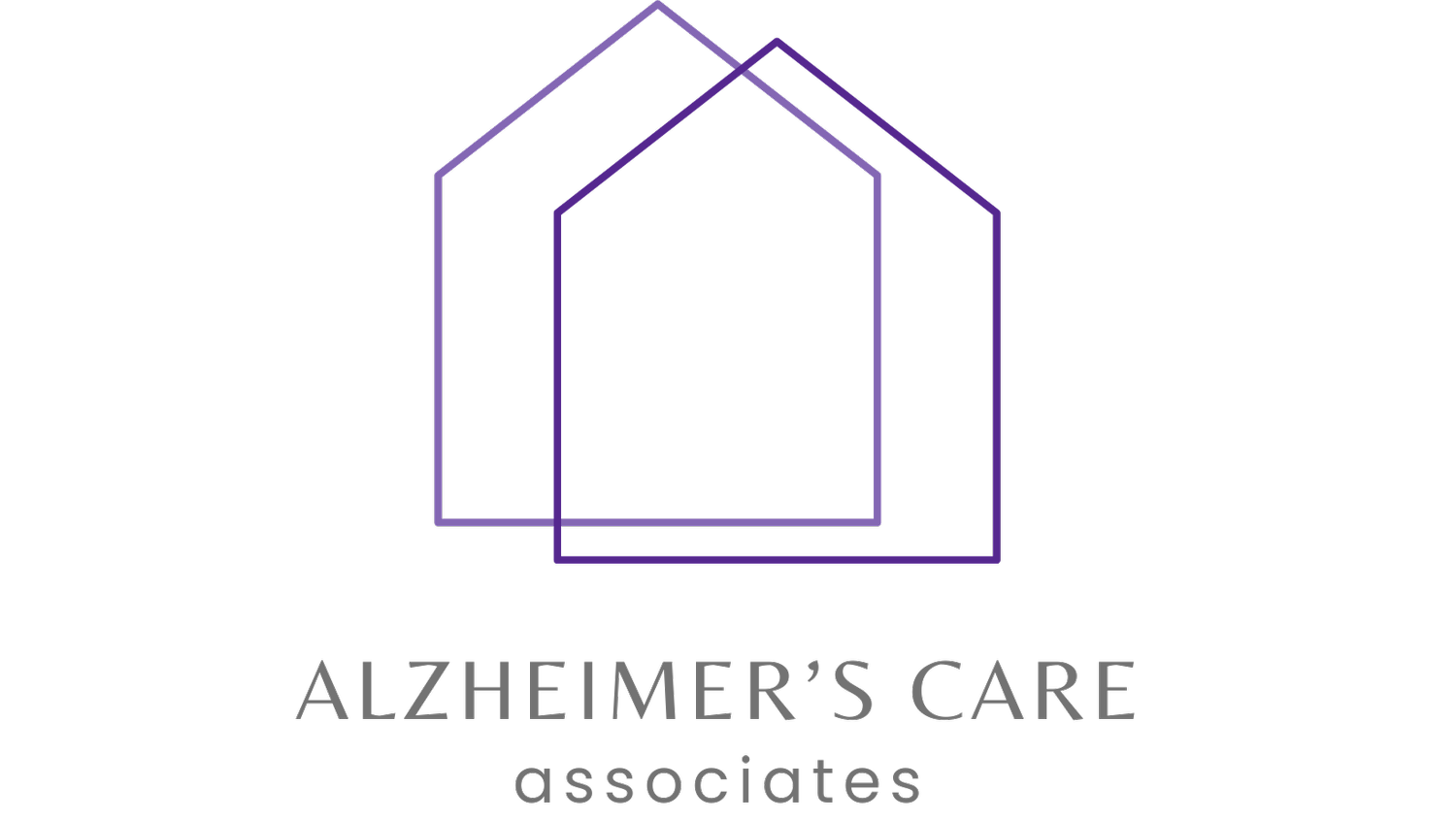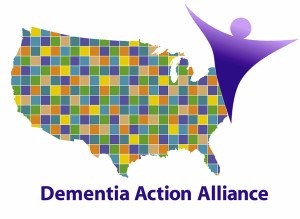
Dementia Action Alliance (DAA)
There are many organizations focused on treating and curing dementia…
But only a few are devoted primarily to the provision of care for persons affected by dementia. So, four national organizations – with person-centered care at the core of their missions – launched the Dementia Action Alliance (DAA).
The founding groups include CCAL – Advancing Person-Centered Living; The Eden Alternative; Planetree; and AMDA – the Society for Post Acute and Long-Term Care, and they continue to serve as DAAs Leadership Team.
The Alliance works to ensure ours is a nation where people with dementia can live fully without stigma and misperceptions, where care partners are wholly supported, and where person-centered care is the norm.
In January 2012…
The Alliance invited Nancy Schier Anzelmo, Founder and Principal of Alzheimer’s Care Associates (ACA), along with other highly regarded advocates in the field to Washington, D.C. to develop the group’s assessment of dementia care in our country. Nancy continues her involvement and active advocacy with DAA as a Partner.
Free White Papers
-

Dementia Care: The Quality Chasm
DAAs seminal report – Dementia Care: The Quality Chasm – was published in January 2013. It is a call to action to change dementia care in this country, which is impersonal and fragmented, to what is considered the gold standard of care — a person-centered approach — and to better address and manage the care, services, and supports for people living with dementia and their care partners.
-

Living Fully with Dementia: Changing the Status Quo
Traditional medicine is responsible for significant and life-altering advances in the management of many illnesses, and the valued work of healthcare professionals is deeply appreciated. Current medical models, however, often fail people and families affected by dementia. Once diagnosed with dementia, peoples’ feelings, actions, and expressions can become reduced to symptoms within a problematized field of possibility. Needed instead are broader, more integrative medical approaches drawing upon an understanding of the holistic bio-psycho-social-spiritual dimensions that best support well-being.
-

Words Matter: See Me Not My Dementia
In 2015 the group published Words Matter: See Me Not My Dementia. Recognizing that words have power that can shape attitudes, actions and thoughts, the paper provides guidance on preferred words and phrases that are supportive, respective and life-affirming for people living with dementia.
-

DAA Kindness Bookmarks

Contact Us.
nsa@alzcareassociates.com
(916) 708-4904
2351 Sunset Blvd. Suite 170-143
Rocklin, CA 95765
We usually book up fast. The sooner you reach out, the better your chances of working with us.
Have questions for us? Fill out the form and we’ll be in touch shortly.


